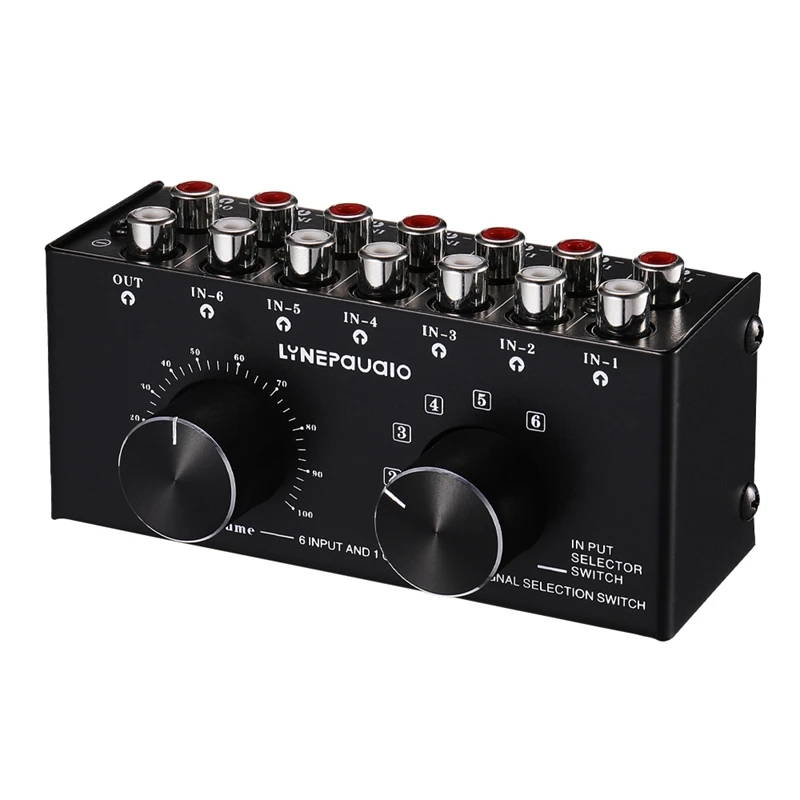
However, the ratio between them and the volume controls is important to get a decent audio response out of a linear (cheap) knob or fader. The value really isn't all that critical - in fact, you can even make them unequal on purpose to pre-bias it one way or another - just stay above 1k for all of them and you're probably fine.

You might notice that the mixing resistors have changed from 10k to 2.2k.

Only one channel is shown here you'll need two for stereo: one for left and one for right, and the corresponding controls should probably be ganged as one stereo part each. This one adds independent volume and mute functions, and it has three inputs instead of two. Then the volume stays the same no matter what's plugged in or not.Īnd, of course, you can expand this idea as far as you want, in terms of channel count, features, etc.: In your case, you'd wire it to ground that input when the plug is removed, thus keeping it actively silent when you unplug something. For example, a headphone jack might be normalled to some built-in speakers, but when you plug in the headphones, it opens that switch and the speakers stop. Normalled means they have switches built into them that are opened by the presence of a plug. What might be annoying about this is that if you unplug something, whatever's left will jump up a little bit in volume.unless you use normalled input jacks. What you end up with is the average of all the active signals (even if they're actively silent), rather than the sum, but the only real difference is the eventual volume of the final mix, which you can easily compensate for by turning it up slightly.

The resistors prevent the inputs from being shorted to each other, so that none of them go into overload protection, and the technically weaker drive strength is still negligible for the line input that's going to receive this combined signal. The Grounds can all tie together directly. If you're somewhat decent with electronics, you can build a simple passive mixer with just the appropriate connectors and some 10k resistors from the parts section of RadioShack (or whoever sells them near you):


 0 kommentar(er)
0 kommentar(er)
